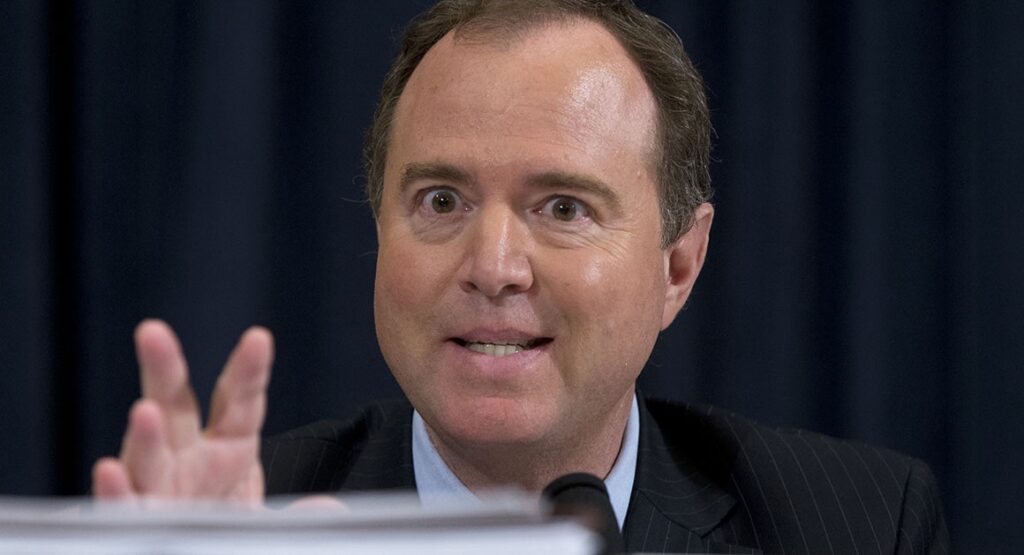California Democrat Senator-elect Adam Schiff recently appeared on CNN’s State of the Union, where he faced tough questions about his past claims of collusion between Donald Trump’s 2016 presidential campaign and Russia.
This topic has remained a source of controversy, with Schiff continuing to defend his earlier statements despite being censured by the House of Representatives.
Host Jake Tapper brought up Schiff’s censure, which took place the previous year. Tapper pointed out that Schiff, during his time as chairman of the House Intelligence Committee, was accused of abusing his position by asserting there was evidence of Trump-Russia collusion. Many critics, including Republican lawmakers, have labeled these claims as exaggerated or unfounded.
Tapper referred to the findings of the Mueller report, which did not establish that Trump’s campaign coordinated with Russia to influence the 2016 election.
He asked Schiff if, in hindsight, he felt any responsibility for overstating the evidence and whether his actions contributed to political disruptions in the years that followed.

Schiff, however, stood firm in his defense. He argued that his claims were based on the evidence available at the time and reiterated his concerns about the integrity of Trump’s campaign. While he acknowledged the criticisms, he dismissed the notion that his statements were baseless.
The discussion also touched on the present political climate. Tapper mentioned President-elect Donald Trump’s recent cabinet picks, which included figures such as Florida Representative Matt Gaetz and former presidential candidate Robert F. Kennedy Jr.
These appointments have sparked debate, with critics questioning their qualifications and potential agendas.
Schiff’s appearance sparked mixed reactions among viewers. Supporters praised him for holding firm to his views, while critics accused him of doubling down on unproven allegations.
The controversy highlights the ongoing divide in American politics, with debates over accountability and truth-telling continuing to shape public discourse.


